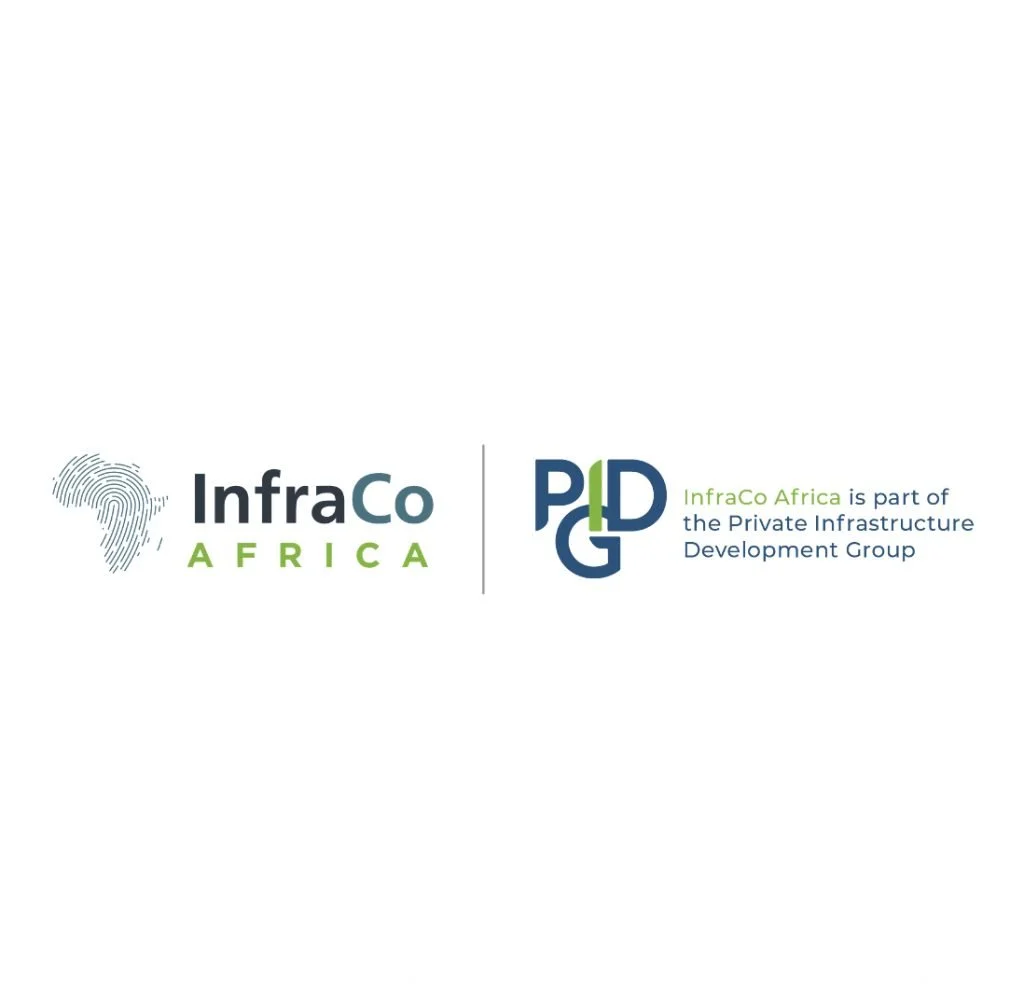InfraCo Africa and Equatorial Power to roll out access to clean power and agri-processing in the DRC and Rwanda
30 September 2022
InfraCo Africa, part of the Private Infrastructure Development Group (PIDG) has signed an agreement with Equatorial Power (EP), committing US$1.7m to scale the company’s innovative mini-grid model in the Democratic Republic of the Congo (DRC) and Rwanda.
The project will see the companies co-develop four new mini-grids and four agri-processing hubs (APHs) on Idjwi Island, DRC, followed by a further four solar mini-grids and three APHs in south-east Rwanda. This will provide smaller businesses with access to electricity, creating jobs directly and through the local supply chain, supporting SDG 8. Ranging in size from 60kW to 85kW, the new mini grids will incorporate battery storage to manage fluctuating sunshine during the countries’ rainy seasons. It is anticipated that the project will deliver circa. 3330 connections to low income consumers in DRC and 2,500 in Rwanda, providing over 35,000 people with clean energy access by 2023 supporting SDG 7 and SDG 13.
Equatorial Power is a de-centralised energy infrastructure company, which goes beyond electrons to deliver sustainable energy services to enable community growth. EP owns and operates agri-processing hubs (APHs), offering local communities access to services such as water purification, cold storage, fish drying and maize milling, creating an anchor load for the mini-grid whilst closing gaps in local value chains and promoting economic development. EP also offers Business Incubation Programmes designed to foster productive use of clean energy through appliance financing and skills training.
InfraCo Africa’s Head of Business Development, Nabil Saimi, said: “InfraCo Africa has a strong track record of delivering mini-grid projects in sub-Saharan Africa and we are pleased to bring our expertise to Rwanda and DRC, both of which are new countries for us to invest into. We are committed to delivering access to clean power and are excited to support EP’s innovative approach to coupling power access with agri-processing and other vital stimuli for employment and economic development.”
InfraCo Africa has leveraged a US$1.35m capital grant from its sister company, PIDG Technical Assistance (PIDG TA), to support the project, and the World Bank has committed US$1.054m of grant funding for the roll out in the DRC.
Equatorial Power’s Head of Business Development, Dario Fallara, said: “We are happy to have the right partner to accompany us on our journey to go beyond electrons and offer modern and sustainable rural infrastructure services to the people of DRC and Rwanda”
Notes to editors:
At 19.1%,i the Democratic Republic of the Congo (DRC) has one of the world’s lowest rates of electrification, with access dropping to just 1% in rural areas.ii
Access to electricity in Rwanda is 46.6%.iii The Government of Rwanda has committed to achieving universal access to electricity by 2024.
The Private Infrastructure Development Group (PIDG) is an innovative infrastructure project developer and investor which mobilises private investment in sustainable and inclusive infrastructure in sub-Saharan Africa and south and south-east Asia. PIDG investments promote socio-economic development within a just transition to net zero emissions, combat poverty and contribute to the Sustainable Development Goals (SDGs). PIDG delivers its ambition in line with its values of opportunity, accountability, safety, integrity and impact. Since 2002, PIDG has supported 190 infrastructure projects to financial close which provided an estimated 220 million people with access to new or improved infrastructure. PIDG is funded by the governments of the United Kingdom, the Netherlands, Switzerland, Australia, Sweden, Germany and the IFC www.pidg.org
InfraCo Africa: InfraCo Africa is part of the Private Infrastructure Development Group (PIDG) and seeks to alleviate poverty by mobilising investment into sub-Saharan infrastructure projects. It does this by investing directly into early-stage projects and providing project development leadership as required. Through its investments arm, InfraCo Africa can also provide equity to close a financing gap and start construction or fund innovative solutions that need support to scale-up, to pilot new products or enter new markets. InfraCo Africa is funded by the governments of the United Kingdom (through FCDO), the Netherlands (through DGIS) and Switzerland (through SECO). To find out more visit: www.infracoafrica.com
Equatorial Power: Equatorial Power (EP) is a de-centralised multi-utility, focused on customer growth through its service offering. EP is a pioneer of decentralized energy infrastructure services for rural and peri-urban access, with a viable and scalable business model. It goes beyond electrons, to provide an integrated service to peri-urban and rural communities, including clean energy, a business incubation program for local SMEs, Productive Hubs (water, ice, agro-processing) and an e-mobility proposition. EP develops, builds and operates solar hybrid mini grids to provide essential power to SMEs, productive assets and households in rural off-grid areas. That is the basis of its service offering from which it expands, to truly harness its clients’ long term economic growth. The Company has specific experience and expertise in projects located in remote / isolated areas, including islands and is one of the few developers with active operations in the DRC. Equatorial Power is pioneering “mini-grid 2.0” and working to validate a productive mini-grid asset class. With in-house development, construction and operational capacity, Equatorial Power aims to leverage its local and international strategic corporate partnerships to scale up an holistic, distributed utility model and accelerate rural service delivery across many more countries. For more information visit: www.equatorial-power.com
For more information please contact:
Lorna McNae
Communications Manager
InfraCo Africa
lmcnae@infracoafrica.com

